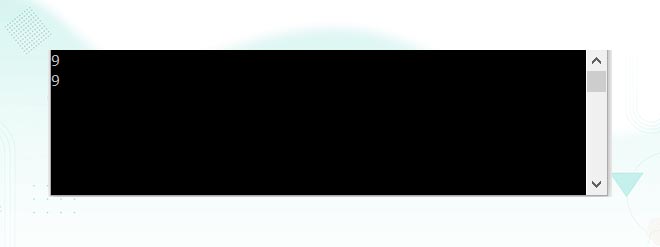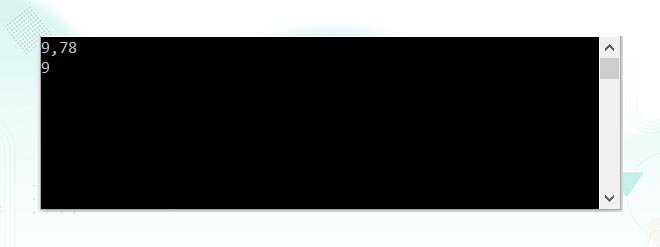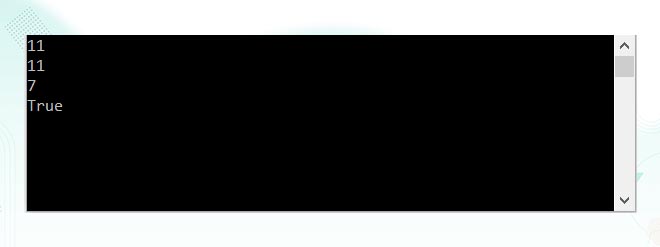
C# Casting Variable Types
C# Type casting is when you assign a value of one data type to another type.
In C#, there are two types of casting:
- Implicit Casting (automatically): Converting a smaller type to a larger type size:
char->int->long->float->double - Explicit Casting (manually): converting a larger type to a smaller size type:
double->float->long->int->char
1 - C# Implicit Casting
Implicit casting is done automatically when passing a smaller size type to a larger size type.
Example:
using System;
using System.Collections.Generic;
using System.Linq;
using System.Text;
using System.Threading.Tasks;
namespace HelloWorld
{
class Program
{
static void Main(string[] args)
{
int myInt = 9;
double myDouble = myInt; // Automatic casting: int to double
Console.WriteLine(myInt);
Console.WriteLine(myDouble);
Console.ReadLine();
}
}
}Output:

2 - C# Explicit Casting
Explicit casting must be done manually by placing the type in parentheses in front of the value.
Example:
using System;
using System.Collections.Generic;
using System.Linq;
using System.Text;
using System.Threading.Tasks;
namespace HelloWorld
{
class Program
{
static void Main(string[] args)
{
double myDouble = 9.78;
int myInt = (int)myDouble;// Manual casting: double to int
Console.WriteLine(myDouble);
Console.WriteLine(myInt);
Console.ReadLine();
}
}
}
Output:

C# Type Conversion Methods
It is also possible to convert data types explicitly by using built-in methods, such as Convert.ToBoolean, Convert.ToDouble, Convert.ToString, Convert.ToInt32 (int) and Convert.ToInt64 (long).
Example:
using System;
using System.Collections.Generic;
using System.Linq;
using System.Text;
using System.Threading.Tasks;
namespace HelloWorld
{
class Program
{
static void Main(string[] args)
{
int myInt = 11;
double myDouble = 7.25;
bool myBool = true;
Console.WriteLine(Convert.ToString(myInt));// convert int to string
Console.WriteLine(Convert.ToDouble(myInt));// convert int to double
Console.WriteLine(Convert.ToInt32(myDouble));// convert double to int
Console.WriteLine(Convert.ToString(myBool));// convert bool to string
Console.ReadLine();
}
}
}
Output:

Note that casting is only possible on numerical data types. It is not, therefore, possible to perform casts on string, or bool variables.
Related Tutorials:
- C# Data Types
- C# Variables
- C# Types of Variables
- C# Integer Variable Types
- C# Floating Point Variables
- C# Boolean Variable Type
- C# Character Variable Type
- C# String Variables
- C# Implicitly Typed Local Variable: C# Var keyword
- C# Keywords
- C# Comments
- C# Parameters
- C# Constants
- C# Value and Reference Types
- C# Numeric Types
- C# Numeric Value
- C# User Input